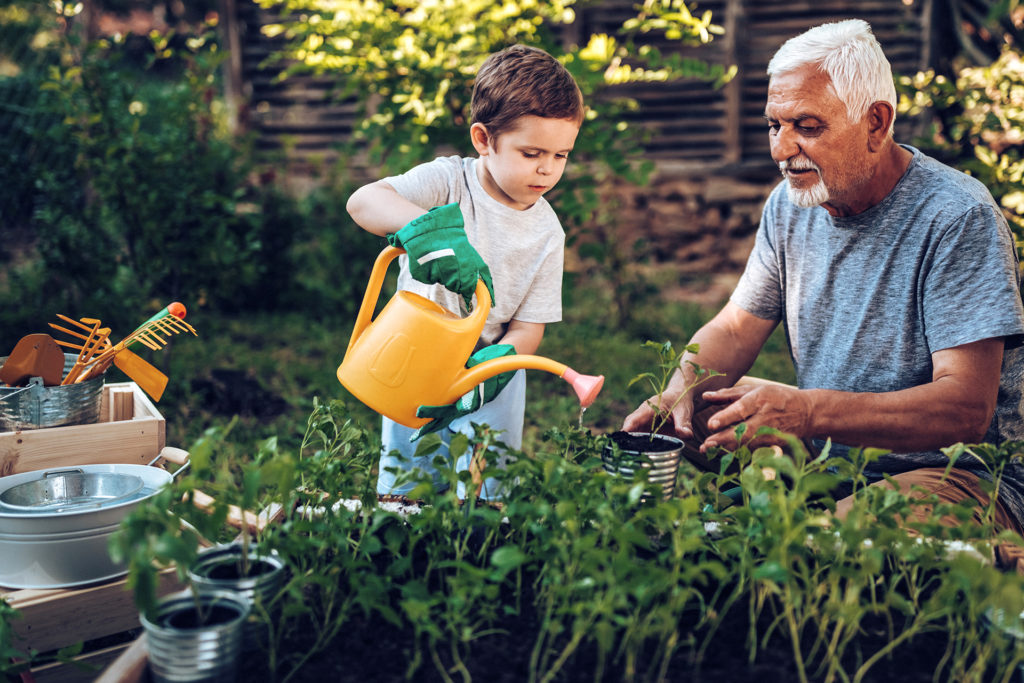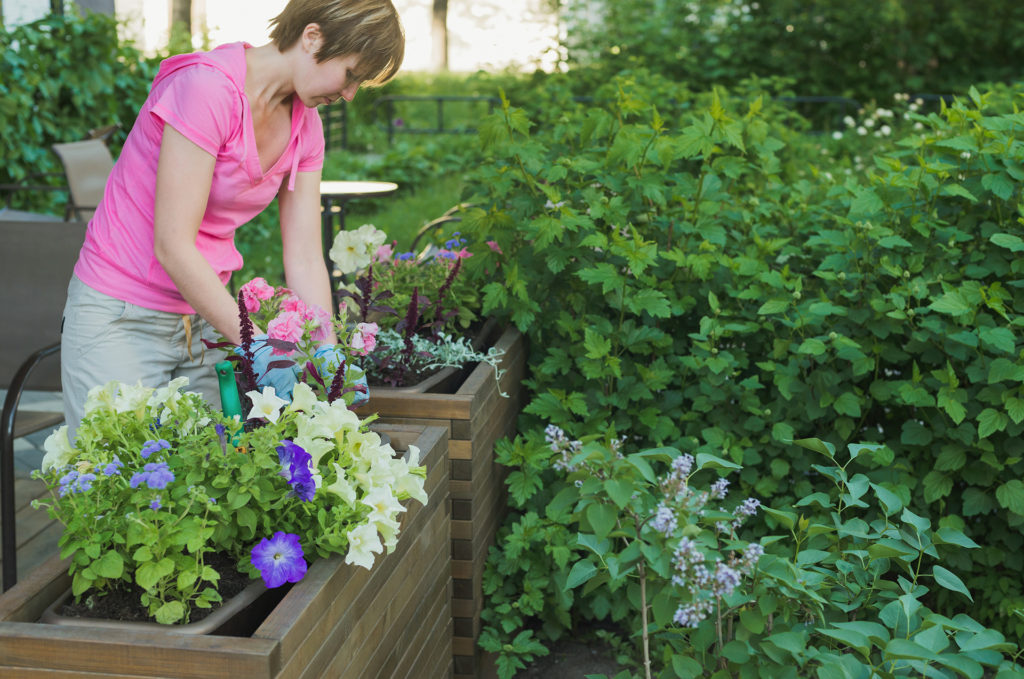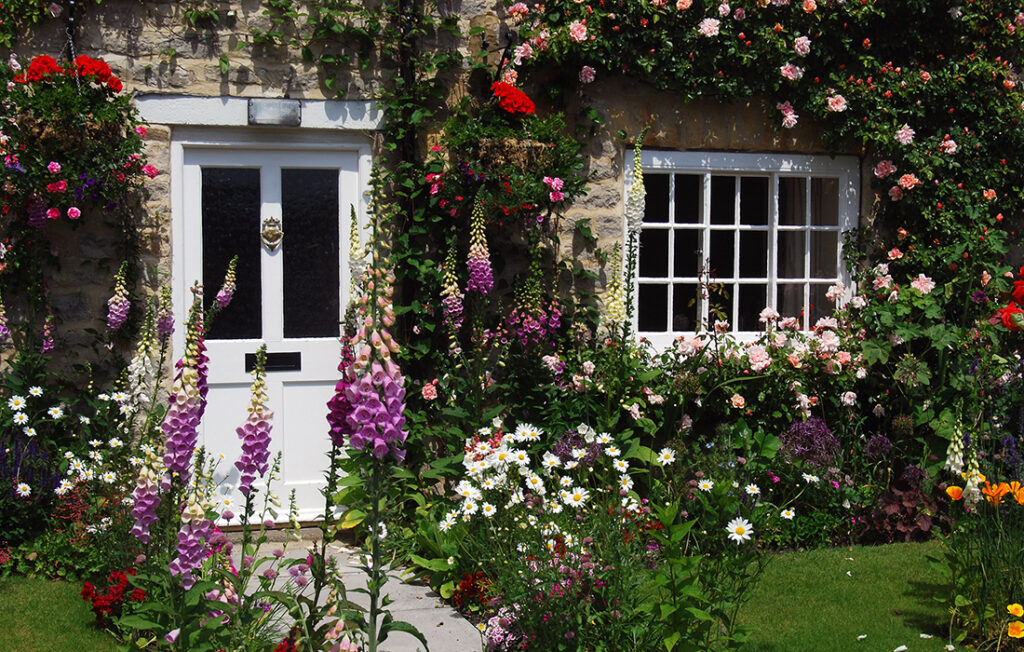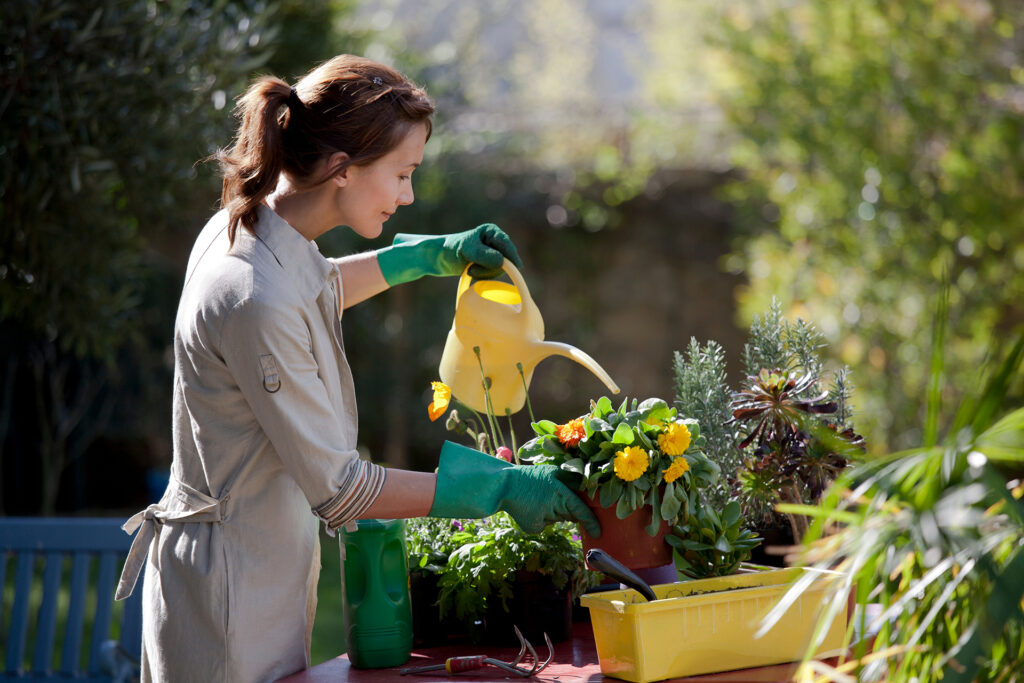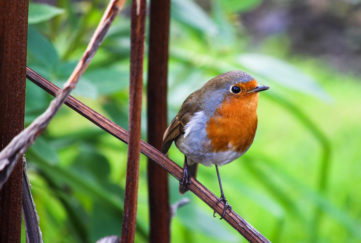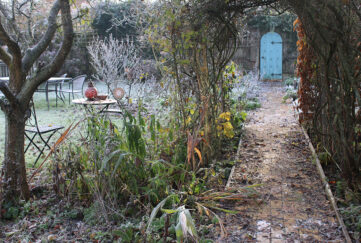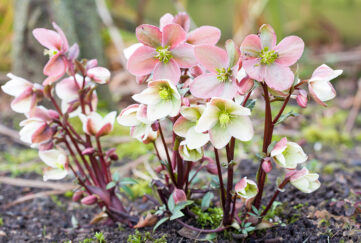Revealed! The UK’s Most-Searched Gardening Questions (And The Answers)

Ah – the Great British Summer is here! The green-fingered enthusiasts among us are relishing the warmer weather to tend our gardens.
All over the country, however, gardening-mad Brits are dealing with the same problems – which, with a little extra knowledge, can be easily avoided or dealt with. Using data from SEMRush, Answer the Public and Also Asked, the garden and outdoors experts at Hayter have uncovered the nation’s most common gardening questions.
They’ve answered them too – so you can find out how to combat the most common gardening issues this summer.
- The UK’s most-searched gardening query is ‘when to plant’ their plants. Almost 15,000 people search this on Google every month.
- Other common questions included ‘how to stop cats pooing on garden’ and ‘what is mulch?’ each with 5,400 Google searches per month.
- Pests of all shapes and sizes are a huge issue across the country – dealing with cats, rats, ants and moles were all in the top 10 most-searched questions.
- How to design and landscape a garden were also common questions for people across the UK.
When to plant?
The most common question asked by UK gardeners – by far, in fact – is ‘when to plant?’ When is the best time to plant in your garden for summer?
Well, if you’re growing your own fruits and vegetables, then most planting happens during springtime. You’ve got to be careful not to plant too early – be sure that we’ve seen the last of cold snaps and frost before planting.
Most seeds won’t germinate below a soil temperature of about 7°C, so be aware of your soil’s temperature. Certain types of plants can be planted at different times of the year – like broad beans and aubergines, which can be planted a little earlier.
Flowers-wise, you should be looking to plant your perennials in autumn (September/October) or spring (March/April). The ground is usually moist during these times, and will give your perennials the best chance of flourishing.
For more information on when to plant certain plants, check the Royal Horticultural Society’s ‘My Garden’ app.
How do I stop cats pooing in my garden?
Turns out that cats pooing on your garden is a common issue for gardeners in the UK. In fact, well over 5,000 people are searching for an answer to this conundrum every month! Stopping your own cat from doing a number two in your garden can be difficult enough, let alone dealing with any local strays!
Most solutions to this are focused on smell – cats have sensitive noses and can be deterred from your garden with strong smells like lavender or cinnamon, mixed with water and sprayed on your plants. You could also try leaving citrus peels around your garden – or, for a more permanent solution, install a motion-activated sprinkler system!
What is mulch?
It might seem obvious if you’re an experienced gardener, but mulch is clearly a head-scratching topic for gardening newbies. Mulch is a blanket term for any material that is spread atop the surface of your soil to cover it, improving your soil’s health and fertility.
Organic mulch could be things like grass clippings, chipped bark or pine needles. Other household items like newspaper could also be used to help your garden suppress weeds and control soil temperatures.
How to get rid of rats in the garden
Another pest-related problem, rats can damage your garden and be difficult to get rid of. Like cats, rats hate the smell of lavender, which could be used as a deterrent. Reducing clutter is another good way to discourage them from your garden – garden furniture and woodpiles make great hiding places for rats.
If you’ve not got an outdoor pet, now could be the time to think about it! Could a well-trained cat handle the rats for you?
What are cottage garden plants?
For many people, our idea of a perfect garden is one which you might see in a country cottage – an idyllic, casual garden adding a little rustic charm to your home. But which plants make the perfect cottage garden?
Colour is key, so try classic flowers with primary colours like roses and sunflowers. Foxgloves are another classic cottage garden plant, as are hollyhocks and catmint.
How to level a garden
Now, depending on your garden, it’s usually recommended that you leave large-scale landscape work like levelling to the pros. However, if you’ve got a little experience and you’re looking to level the garden yourself, there are plenty of online resources available to help you manage the task at hand.
What is the best garden hose?
There are plenty of great garden hoses available on the market – just make sure you choose the right one for your garden! The best garden hoses are anti-kink and anti-twist – there’s nothing more annoying than trailing your cord all the way back to the tap to find it kinked right at the start!
Get the tape measure out to find out your ideal hose length and work from there to find one within your budget – if it comes with additional heads like a spray gun, even better!
How to get rid of ants in the garden?
They’re less obvious than rats and other pests, but can do just as much damage to your plants, so it’s no surprise that people are keen to get rid of ants from their garden.
It’s easy enough to get rid of ants using household products – mixing water with vinegar and spraying your plants will kill any ants that try to take over your garden. The same impact can be had by mixing Borax with sugar – this will tempt the ants in and help eliminate the problem.
How to get rid of moles?
Moles are another common pest for garden-mad Brits as there are an estimated 35-40m moles in the UK! Some quick fixes use the mole’s sense of smell to drive it away. By putting cayenne pepper or coffee grounds in their tunnels, you could deter them from entering your garden.
Lining your garden with daffodils and marigolds could prevent them from coming in the first place – moles hate these plants.
How to design a garden?
If you’re looking to level up your garden with a totally new design this summer, you’re not alone. Redesigning your garden from scratch is a great way to add value to your home’s price or simply make the most out of your rear space.
Designing a new garden is easy – make sure you measure up your space and have a hard budget in mind before sketching out a plan of how you want it to look. When it comes to actually re-landscaping your garden, leave that to the pros.
Now is the perfect time to start investing some time and effort into your garden. Whether you’re looking to level up your plant and flower selection and add a pop of colour to your garden or go for an entire reorganisation, now you know!
Find more simple, inspiring gardening advice in My Weekly and the four-weekly My Weekly Special. In newsagents and supermarkets, or subscribe to have your copy delivered.

